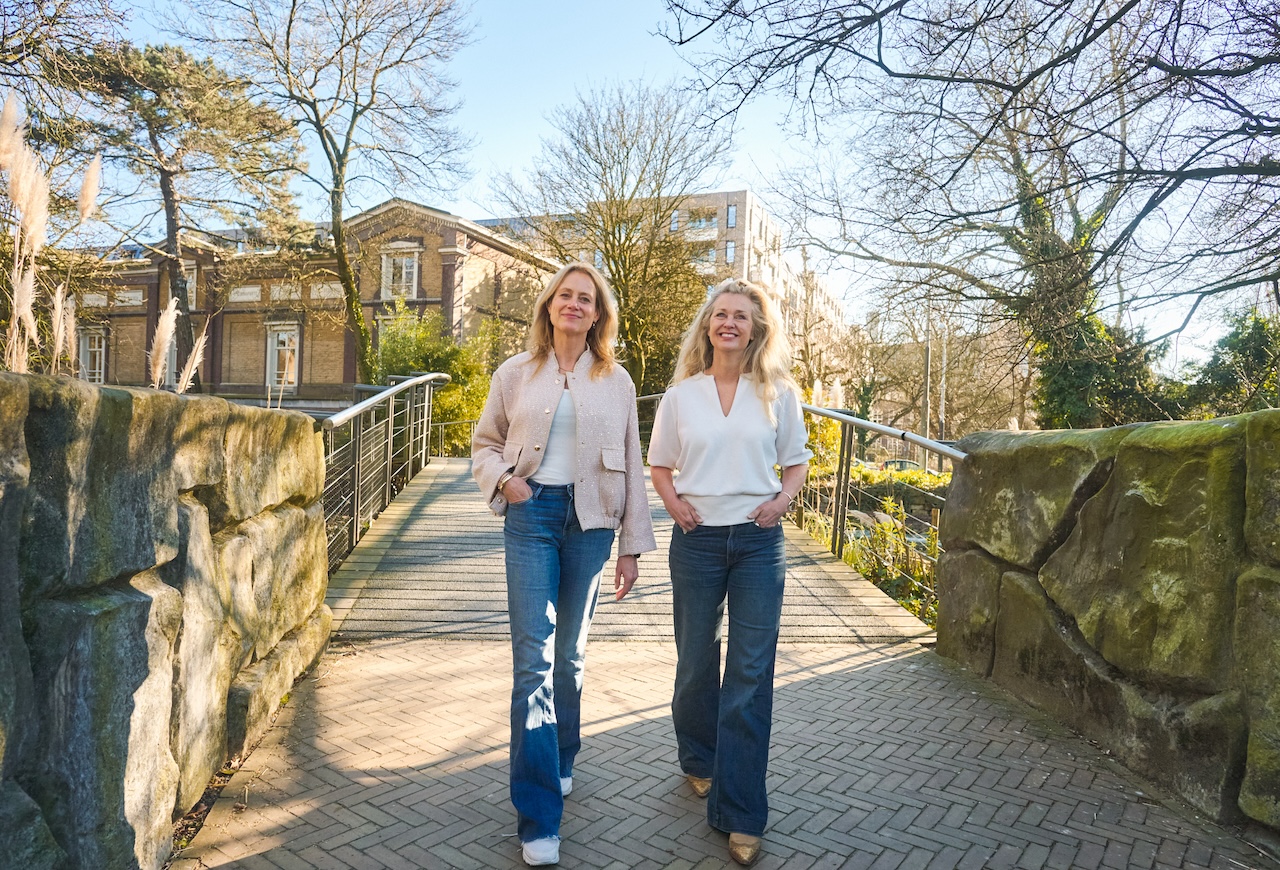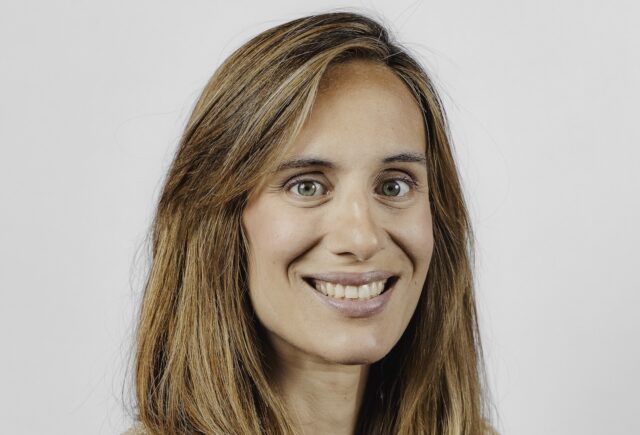Rubio Impact Ventures will invest into 30 early and growth-stage companies addressing the climate crisis and social inequality.

Amsterdam-based impact investor Rubio Impact Ventures has announced the first close of its third fund raising more than €70m, including undisclosed commitments from two new investors – Dutch bank ING and NN Social Innovation Fund.
Other investors included Dutch entrepreneurs and families, the Flowfund Foundation, which has backed all three Rubio funds, and institutional partners such as the European Investment Fund (EIF), Netherlands’ state-owned investment fund Invest-NL, and regional development funds Oost NL and Brabantse Ontwikkelingsmaatschappij.
Impact Investor spoke to Rubio’s co-founders Willemijn Verloop and Machtelt Groothuis, who said that at least two-thirds of the investors participating in the round have also invested in funds one and two and in some cases, into both.
“We checked the appetite of existing partners before launching the new fund. Their repeat investments show they have trust in what we’re doing. It’s also nice to see new investors joining fund three demonstrating that more mainstream and social players are moving towards impact,” said Groothuis.
The fundraising also includes an innovation loan from the Netherlands Enterprise Agency (RVO) under a seed capital scheme open to early-stage funds in the Netherlands.
The fund, which aims to reach final close by next summer, will invest into companies creating scalable solutions that address the climate crisis and social inequality. It will target a portfolio of 30 early and growth-stage companies in the areas of clean tech, health tech, people tech and food tech, and has a condensed watchlist of around 200 companies that Rubio is currently screening.
Solutions for people
Verloop and Groothuis said they have seen a greater appetite for investments targeting social impact. They have also started to see a greater number of solutions targeting both people and planet, particularly in areas such as green skills and climate equity.
“Many climate tech solutions are only affordable to people with a lot to spend. We would like to see more of those solutions reach people on lower incomes, especially those facing high energy bills driven by an increasingly expensive electricity grid as people with money move to solar,” said Verloop.
“How do we make sure energy poverty doesn’t get worse? And how do we reskill and upskill people to work in green technologies? There is a real shortage of skilled workers implementing these solutions and we would like to fill that gap with people who have lost work in other industries,” she added.
Prets, a Dutch company which helps people finance green solutions for their homes, is one example of a company which addresses both the climate and social inequality.
“Prets is one of the energy equity deals we signed late in fund two. They create specific opportunities for people on low incomes to finance sustainable renovations of their homes,” explained Groothuis.
Rubio, which currently has 40 active investments across its first to funds, plans to make its first investment in this latest fund before the end of the year.
Challenging fundraising environment
Groothuis and Verloop said they were reassured by the early interest in the fund against a backdrop of what they described as a European venture capital market heading towards its worst fundraising year in a decade, as noted in an EIF report published earlier this year.
“The years 2020 and 2021 when interest rates were really low, marked the best years for VC funding. Now that interest rates are quite high again, risk perception has changed and interest in VC has waned correspondingly,” said Verloop, explaining that the last few years have also been characterised by a very slow exit market in both private equity and venture capital, which means people have not yet made a return on their investments and are therefore reluctant to invest again.
“We’ve been hearing that from quite a number of sources, both institutional and private, that they haven’t received any distributions from their earlier funds, making it more difficult for them to deploy capital to new funds,” said Verloop.
Verloop said geopolitical unrest the world over has also played a role, making people more conservative in their approach to investing. “The money that is being invested is going to very specific themes like AI or defence,” she added.
Despite these headwinds, Verloop said her own perception is that impact VC funds are faring better that traditional VC funds. “Many of the impact funds that we work with and those from our surroundings are still raising. With our own fundraising ahead of where we expected to be, this gives us confidence that impact investors are staying the course,” she said.
Investor trends
Verloop said that public money is still backing impact investors. “Even though European institutions like the EIF might not have as much to spend in the coming years as they wait for new inflows from European governments, most national funds like Invest-NL in the Netherlands and KfW in Germany, as well as regional funds, are acutely aware of the importance of impact investing if they want to meet societal goals,” she said, adding that private money from families and wealthy entrepreneurs is also increasing.
“For us that’s great news as these are also people who bring their knowledge of business and networks to help our portfolio companies,” added Groothuis.
The same trend has not been extended to institutional investors such as pension funds according to Verloop. “Institutional money is more cautious, which is why we are so happy to see ING Social Impact Investments and the NN Social Innovation Fund join our third fund,” she added.






